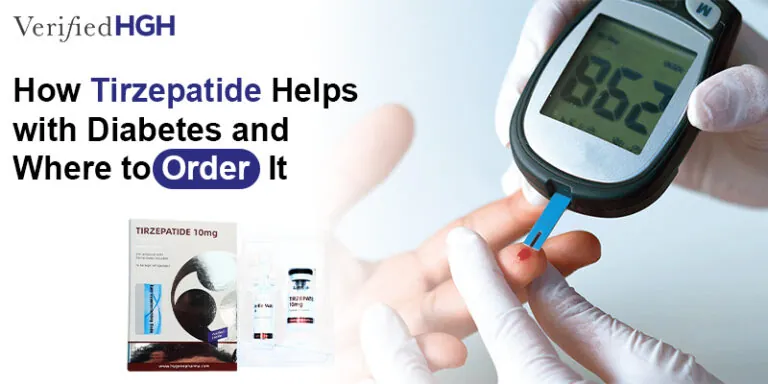Pfizer Genotropin is a trusted brand of human growth hormone (HGH) that has gained popularity for its therapeutic benefits. Read on for an overview of Pfizer Genotropin, including its benefits, usage, and considerations for purchase.
Pfizer Genotropin is a synthetic form of HGH that replicates the growth hormone produced by the pituitary gland of the body. Genotropin effectively treats growth disorders found in children and many hormone deficiencies present in adults.
What are the indications and Usage of Genotropin?
Genotropin is an approved prescription medicine that treats growth failure in children:
- Who doesn’t make enough growth hormones naturally (the growth hormone deficiency condition)
- With a genetic condition called Prader-Willi syndrome. Growth hormone is not right for these kids unless a doctor recommends it.
- Who were born smaller than other babies (with the same pregnancy weeks). Some of these babies may not show catch-up growth by the age of 2, referred to as small for gestational age (SGA).
- With a genetic condition called Turner syndrome (TS).
- Idiopathic short stature (ISS)—meaning means that the kid is shorter than 98.8% of others of the same age. The child is growing at a rate that may not allow it to reach normal adult height. Also, the growth plates haven’t closed. Other causes of short height can be ruled out.
Genotropin is a prescription product for growth hormone replacement in adults with growth hormone deficiency that started either in childhood or as an adult. Your doctor will ask for some tests to be sure you have GHD, as appropriate.
Benefits of Pfizer Genotropin
Growth Disorders in Children
Commonly, Pfizer Genotropin is prescribed for children having growth hormone deficiency. You would never want your little Turner syndrome, Prader-Willi syndrome, or other conditions that hinder normal growth. Genotropin stimulates linear growth, helping children reach a more typical height and improving their overall growth patterns.
Hormone Deficiencies in Adults
In adults, Pfizer Genotropin helps address growth hormone deficiencies that may result from
- pituitary disorders,
- surgical removal of the pituitary gland
- radiation therapy.
It can also help improve body composition by cutting down fat percentage and increasing lean muscle mass. Other benefits include increased bone density, improved energy levels, and better psychological well-being.
Sports Performance and Anti-Aging
While Pfizer Genotropin is not approved for performance enhancement, some individuals misuse HGH to improve athletic performance or the effects of aging. However, many off-label uses are illegal and dangerous. HGH should only be taken under the supervision of a qualified expert for approved medical conditions.
An evaluation will determine whether HGH therapy, specifically Pfizer Genotropin, is right for you based on symptoms and laboratory tests.
Dosage and Administration
The dosage and administration of Pfizer Genotropin depend on each person’s specific medical condition and individual needs. Doctors prescribe the appropriate dosage, which is administered via subcutaneous injections. Patients should get detailed instructions on administration techniques and needle disposal.
Monitoring and Adjustments
Regular monitoring of hormone levels is essential during Pfizer Genotropin therapy. Healthcare experts will conduct tests to assess treatment effectiveness and side effects and adjust the treatment plan as necessary.
The bottom line
Pfizer Genotropin is a prescription medication. So, it cannot be legally obtained without a valid prescription from a licensed professional. You need to consult with a qualified healthcare provider who can assess your needs and determine whether Pfizer Genotropin is an ideal treatment option.
When buying Pfizer Genotropin, always ensure that you obtain it from authorized and reputable sources. One such name is Verified HGH. Avoid unauthorized suppliers, as counterfeit or substandard products can pose many health risks. Browse the online store for verified HGH and place your order for Pfizer Genotropin.

